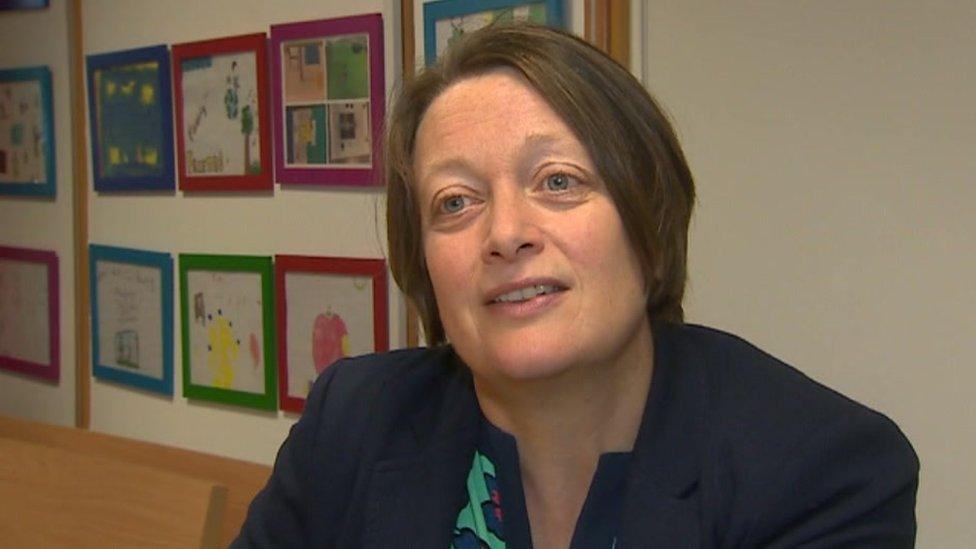Home school: Review to be held into database delay
- Published
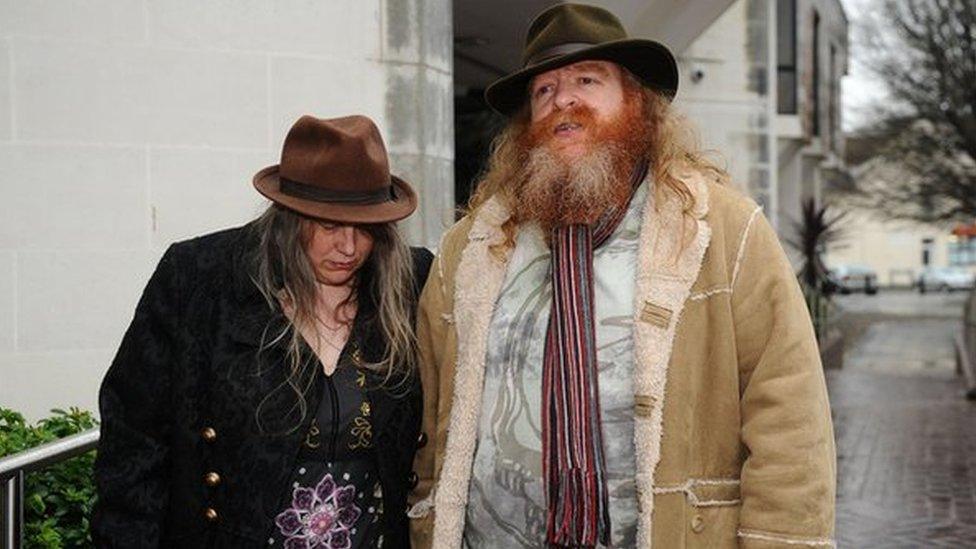
Education officials had visited Julie and Glynn Seabridge but they had no power to see their son Dylan, who subsequently died in 2011 aged 8
The response to the death of an "invisible" eight-year-old boy due to scurvy in 2011 will be reviewed.
A 2015 inquest found Dylan Seabridge, of Eglwyswrw, Pembrokeshire, had not been seen by the authorities for seven years before he died.
It led to calls to ensure home-educated children are known to officials.
In June, the Welsh Government said the impact of coronavirus on its workload meant legislation would not be in place before the 2021 election.
Children's commissioner Sally Holland, who will carry out the review, said she understood the pandemic was affecting the workings of government, but there was "a duty to safeguard the rights and welfare of children and young people".
The Welsh Government said there were "unprecedented pressures" on its day-to-day work, but was committed to children's rights in Wales.
What happened to Dylan Seabridge?
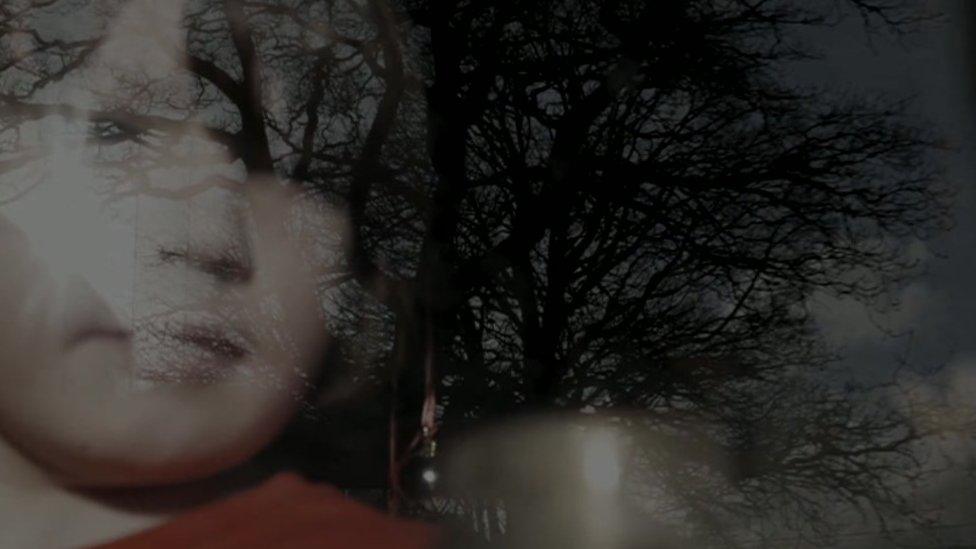
No photos of Dylan Seabridge were ever made public - his death led to calls to ensure home-educated children are known to officials
The inquest into the death of Dylan heard scurvy was an easily preventable and treatable disease.
His parents Glynn and Julie Seabridge told police they did not believe he had scurvy and thought he was suffering from growing pains.
A child practice review published in 2016 said it was "tragic that there are many references that the child was 'invisible'."
Education officials had visited the Seabridges, but had no power to see Dylan.
The Crown Prosecution Service decided not to pursue a case of neglect against his parents.
What happened next?
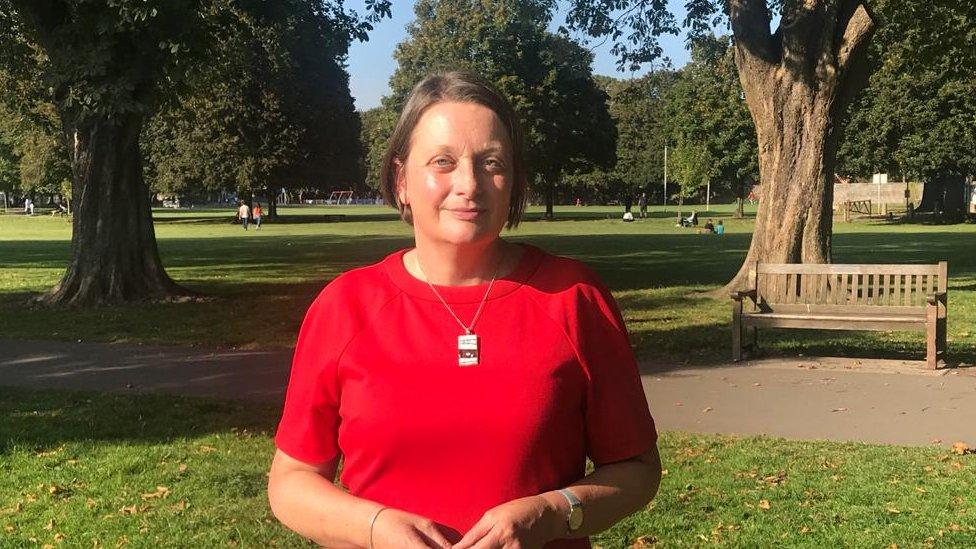
Children's commissioner Sally Holland says there is a "duty to safeguard the rights and welfare of children"
The Welsh Government has been working on legislation which would require councils to create a database to identify children not on a school register.
Ms Holland said there was concern a small minority of children educated at home were not getting their right to a suitable education.
"For years, we've made repeated calls to improve the legal framework to protect these children's rights and have been particularly concerned about the Welsh Government's response to the death of Dylan Seabridge in 2011," she said.
"At the moment, home education throughout the UK is very unregulated, compared to the rest of Europe... If I don't look at this decision I'm afraid nobody will and it will get dropped."
The commissioner also said she would use her powers to examine a "lack of action" in requiring that teachers in independent schools were registered with the regulator, the Education Workforce Council.
The review will lead to a formal report and recommendations in the new year.
'Unacceptable and draconian'
The proposed home education council databases have not been universally welcomed.
Home education group Education Otherwise claimed the planned legislation would not be lawful.
Secretary Wendy Charles-Warner added: "That Ms Holland should use her position to seek to force the minister to introduce steps, which the majority of home-education stakeholders consider to be wholly unacceptable and draconian, is oppressive and misguided to say the very least."
She added that a "significant number of families choose to home educate their children because of failures within the state system" and the plans showed Ms Holland was "out of touch... with the genuine rights and needs of children in Wales".
A Welsh Government spokesman said: "Local authorities remain under a duty to ensure that all children in their locality are receiving a suitable education regardless of where that is delivered."
- Published29 January 2015

- Published21 January 2016
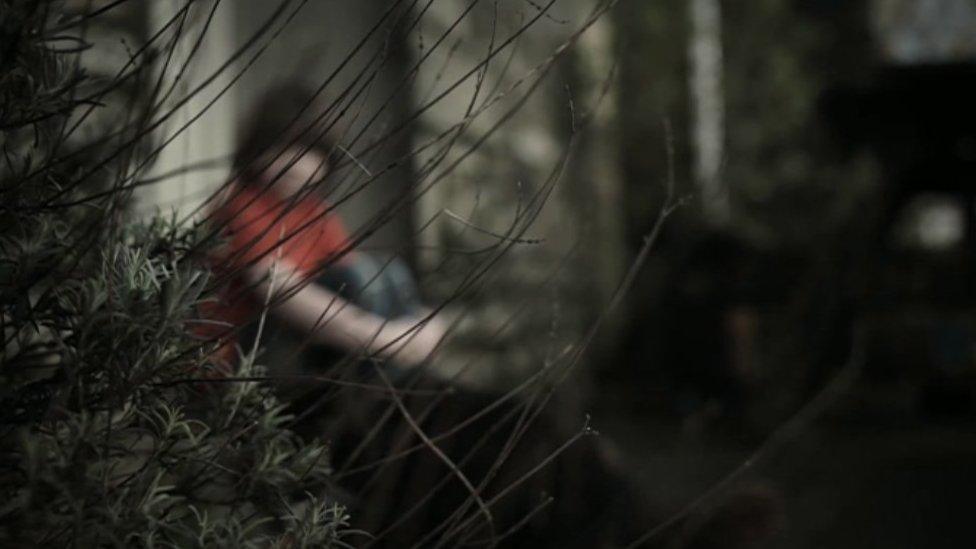
- Published22 November 2018
